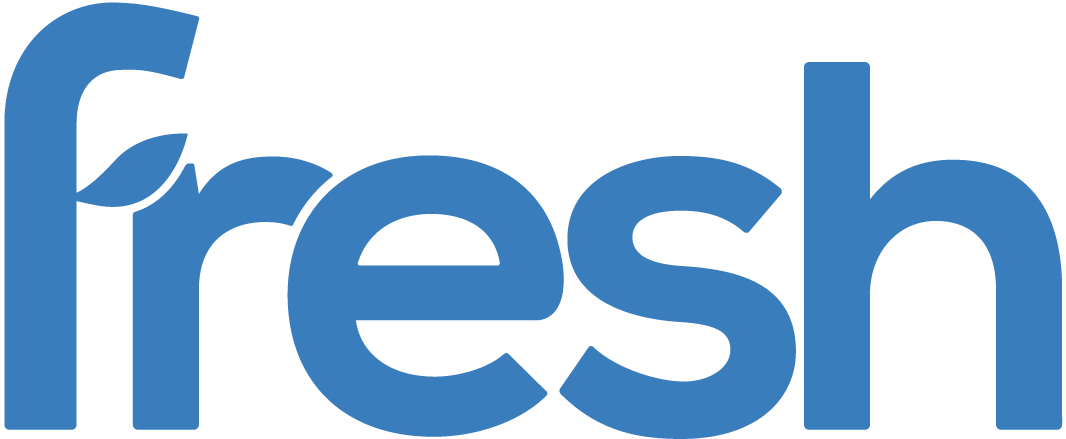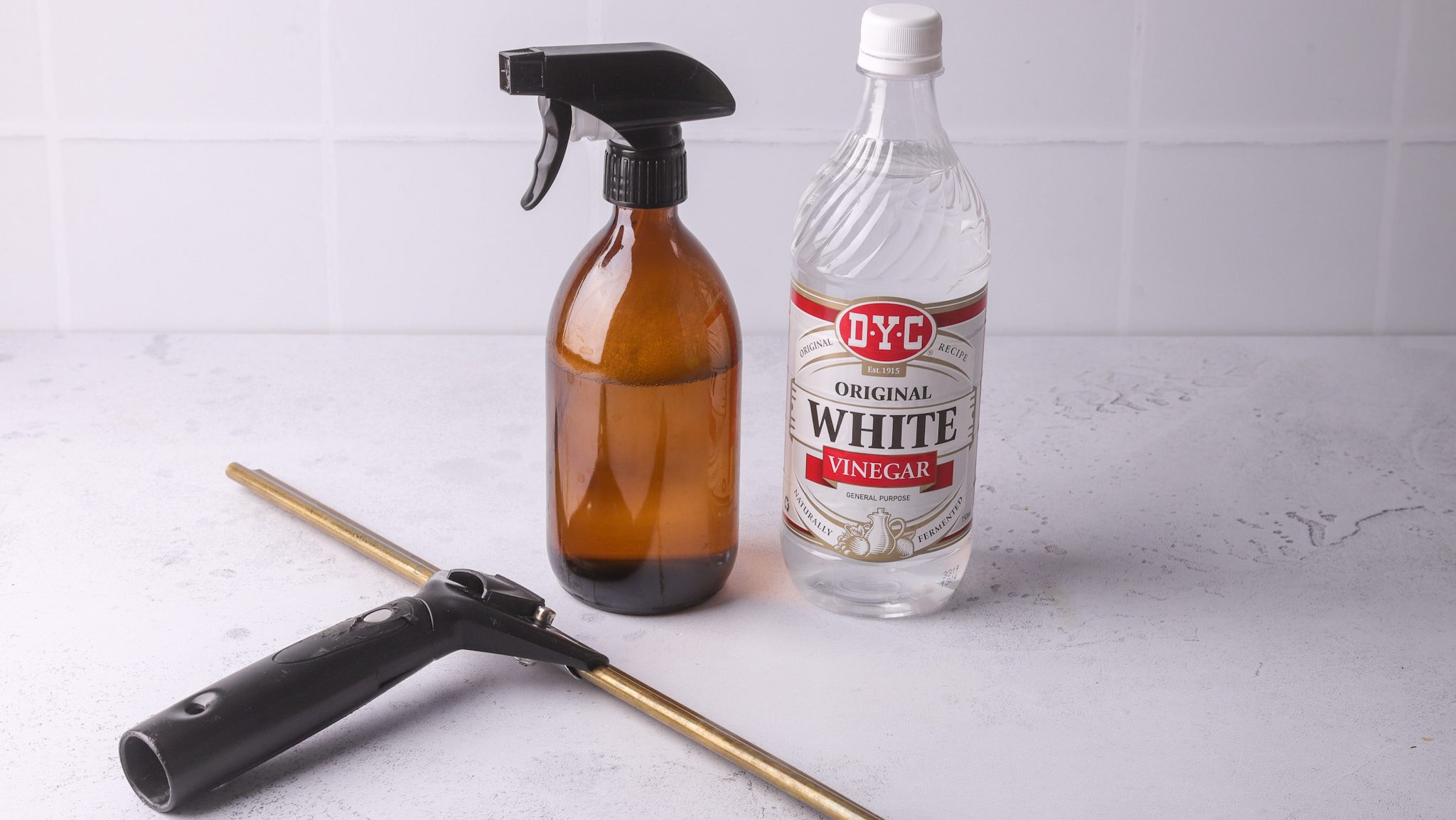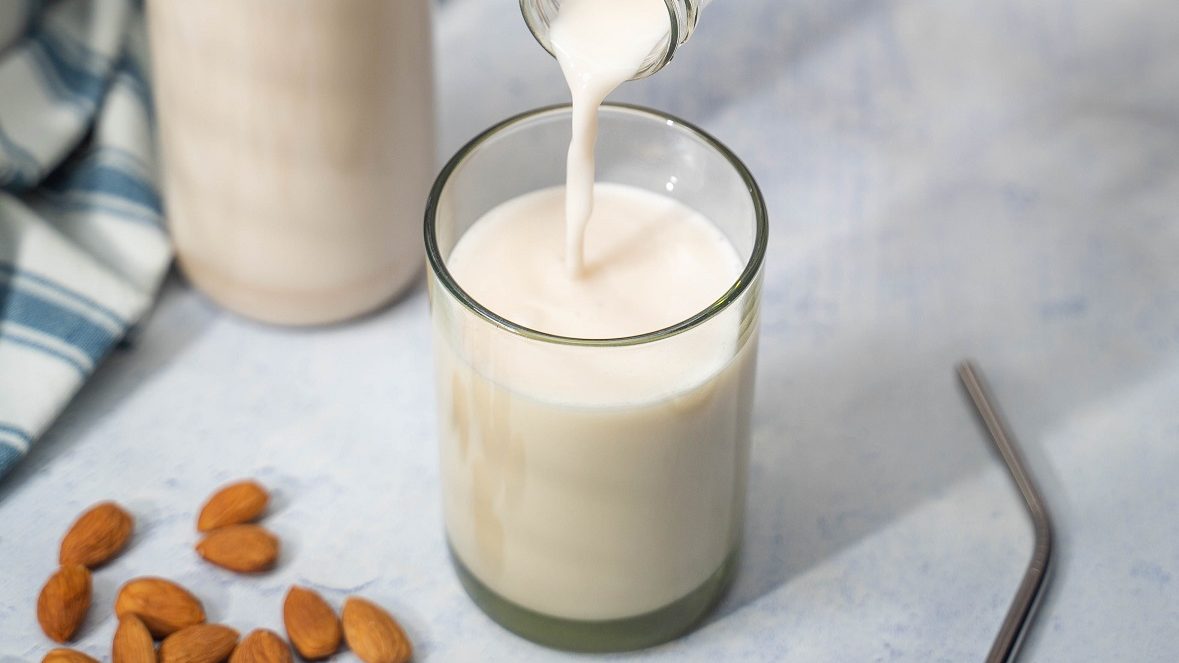Glass Half Empty
![val crop[39] val crop[39]](https://fresh.co.nz/wp-content/uploads/val-crop39-scaled-e1727067492820.jpg)
Declining Milk Consumption in New Zealand: A Growing Health Concern.
It’s been a kiwi favourite for years – a glass of milk. But now milk has fallen out of favour with Kiwis consuming 1.2 million fewer glasses every year. What’s more, data shows dairy milk consumption has declined by 5.6 million litres over the last two decades, and given its status as a superfood, that’s potentially impacting our intake of vital nutrients.
“Considered a nutritious (nutrient-packed/dense) whole food, milk contains protein, Vitamins A, B2, B12, Calcium, Phosphorus, Potassium and Zinc. Despite this and being affordable and accessible, Kiwis are choosing processed food and drinks over real milk.
“It’s alarming that more fizzy drink is being sold in some New Zealand supermarkets than milk," says Angela Berrill, director of ABC Nutrition.
"Milk is a high-quality source of essential vitamins and minerals, and this decline in consumption means we can be missing out on these crucial nutrients.
“The simplicity of a glass of milk is it’s real power—just 250ml of milk provides a third of your daily calcium, 8g of protein and around half of your daily vitamin B2 – more than the amount of Vitamin B2 in 2 cups of broccoli”.
Families continue to be the biggest consumers of milk with millennials and older Gen Zs being those that are most in decline. This is a concern.
Milk plays a crucial role in helping teens and young adults reach their maximum bone density. While growth in height may stop by the late teens, bone density continues to develop until around age 25, making calcium intake essential during this period.
With a significant drop in milk consumption among millennials and older Gen Zs, there is a growing concern that this generation may not be maximising their bone development, potentially impacting their bone health later in life, says Angela.
With peak bone mass reached in the mid-twenties, it's important for young New Zealanders to ensure they are getting the nutrients they need to build a strong foundation for future health. As a nutritional powerhouse, milk is an important part of a healthy diet, especially during the critical years of bone development.
"Young adults need to keep in mind that calcium, which milk is an excellent source of, is crucial for building strong bones and teeth, maintaining muscles, and supporting overall body health during this vital stage of life," says Angela.
"But the benefits don't stop there—milk also provides energy, supports growth and development, heart health and immune function, and evidence suggests that milk may help reduce the risk of serious health issues like, type II diabetes, osteoporosis, heart disease, and hypertension. For New Zealanders looking to invest in their health, a glass of milk is a simple yet powerful choice."
The New Zealand Ministry of Health recommends at least two and up to four servings of dairy per day (dependent on sex and age and stage). Milk is naturally nutrient-packed, providing so much goodness in every glass. It’s important that the next generation of Kiwis are benefiting from nature’s ultimate nutritious beverage, nothing beats real milk” says Angela.
Two-time Olympic Champion and Mother of two Dame Valerie Adams is lending her support to encourage more Kiwi’s to include milk in their diet. Coming from a busy household filled with energetic children, milk is a crucial component in providing essential nutrients ensuring they regularly enjoy its benefits while she herself continues to incorporate it into her daily routine.
She stresses the numerous advantages of milk, highlighting its role in meeting daily protein needs and supplying vital calcium for maintaining strong and healthy bones – a message she believes should resonate with others.
“Milk is packed with nutrients, offering a wealth of goodness in every glass – from helping you meet your protein targets to fortifying your bones with calcium. It's a simple, potent, and cost-effective way to nourish our bodies," says Dame Valerie Adams.





